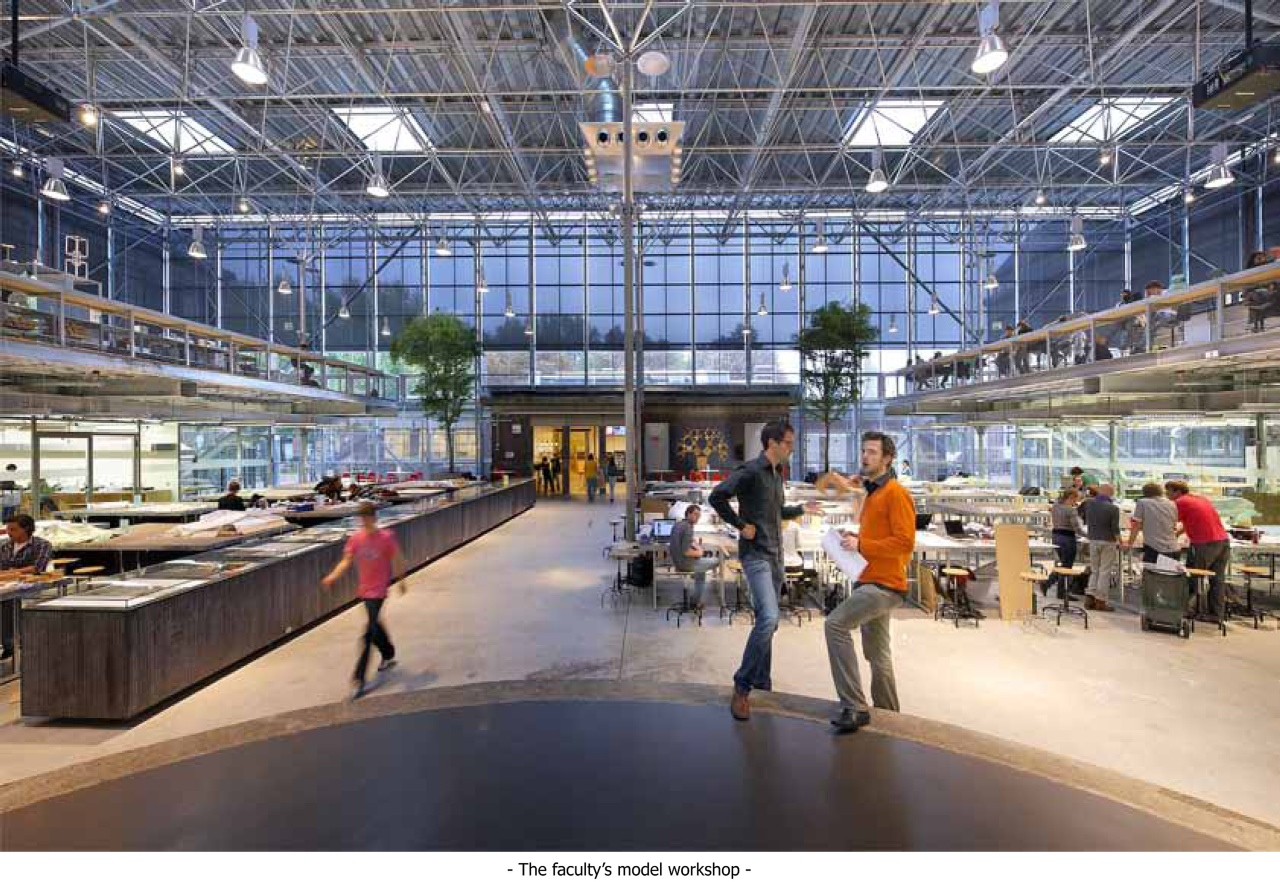
Recent reports by the UN on projected population growth until the year 2300, as well as current population trends, have raised numerous issues, from access to healthcare to housing. Of particular importance is how these issues will affect the urban landscape, and how professionals can respond to these changing conditions, on both a local and global scale. Urban planners and designers must not only be concerned about issues such as congestion and mobility, urban renewal and densification, but must also “[take] into account…economic globalization, the consequences of the financial crisis, [and] climate change” as well.
Clearly, these are not matters that can simply be understood by scrolling through different websites over the course of a single afternoon. Luckily, just these issues are explored at Delft University of Technology’s Master of Science in Urbanism.
Housed under the MSc Programs of Architecture, Urbanism, and Building Sciences, Delft’s MS in Urbanism demonstrates that while architecture and urban planning are complementary, they require specialized training. Towards that end, the program has several specializations: Complex City Regions in Transformation, Delta Interventions, Urban Regeneration, Future Cities, and Design as Politics, to name a few.


